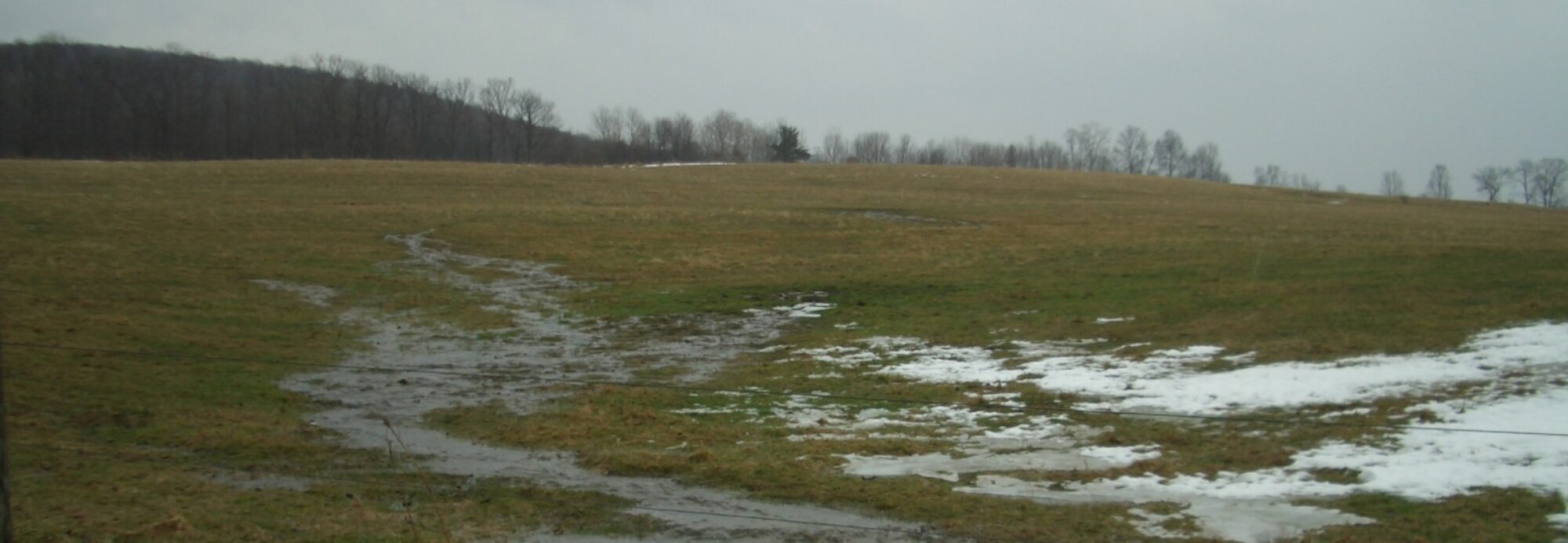Extension and Outreach are critical activities to our group. We have two core issues we focus on when developing extension materials:
-
- Maintain a strong problem-solving focus in extension programs with emphasis on both increased environmental quality and economic viability for all parties.
- Education that combines stakeholder driven technology transfer coupled with field training to identify, develop, and apply solutions to address soil and water resource management concerns and environmental policy issues.
Two current short course/in-service trainings are described below
Applied Watershed Modeling Short Courses. This program focus area has a range of outputs and can be easily tailored to specific client needs. For instance, I have developed modules that range in subject matter, from conceptual model development, to runoff modeling, to model sensitivity and calibration, to using field scale models for assessment of water quality, to incorporating climate change predictions into basin scale models, and level of detail, from general theory to model application. All modules provide hands on experience with various modeling systems and are intended to be interactive by way of exposure to the various modeling platform (e.g., ArcGIS, R, GRASS). These programs advance the science of watershed modeling by exposing clients to new and innovative modeling concepts and tools, which are subsequently used in watershed planning and identification of pollution source areas to target with conservation. These workshops/short courses have been delivered to a range of regulatory and conservation personnel, and to fellow scientists. While teaching the theory and background on watershed modeling is not terribly time intensive, hands on application using participants own data can be very time consuming. Thus, in order to deliver this programing we have developed several open source and freely available software packages that facilitate data acquisition and processing (see Software), making it feasible to teach a modeling system in a compressed short course.
Download Applied Watershed Modeling Short Short Course Materials
Hydrology Basics and Drainage Water Management Short Course. This short course/in-service training provides basic information on watershed and soil hydrology, drainage and drainage water management and BMPs for drainage water management. This program is divided relatively evenly between short course/presentation type venues relies and field based or demonstration type interactions. The short course/presentation type delivery mechanism is intended for continuing education credit type venues and primarily geared towards conservation and regulatory personnel. For the field and demonstration type programs I have worked to develop several sites, where I have been designing, installing and monitoring the performance of biofilter systems I have developed, as ‘living laboratories’ where I can demonstrate principles and actions with a range of audiences including producers, conservation personnel and regulators. Biofilters are systems designed to either intercept shallow ground water or integrated into tile drained fields, and filter out nitrogen and phosphorus in the influent. Since these systems are so called “structural-BMPs” I can demonstrate how they function to participants and they can assess how these BMPs might fit with in their production systems.
Hydrology Basics and Drainage Water Management Short Course Materials
Coming Soon: Climate Resilient Agriculture-helping producers deal with climate change and climate extremes.
